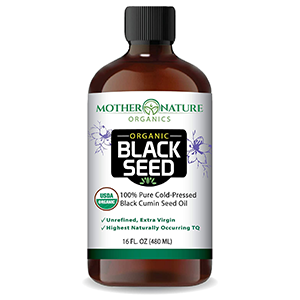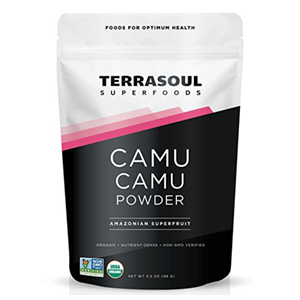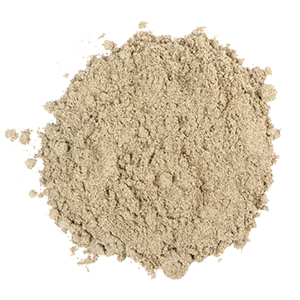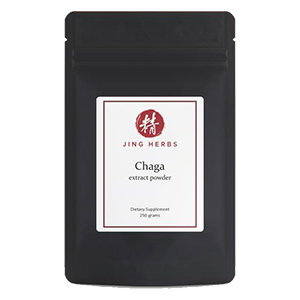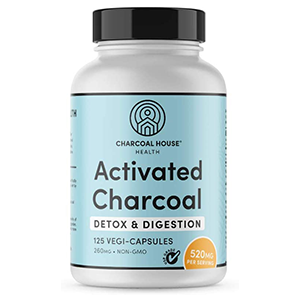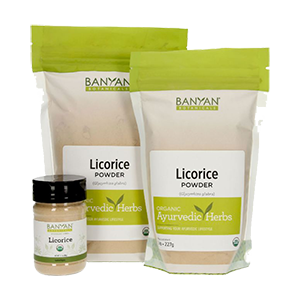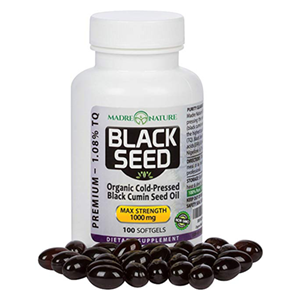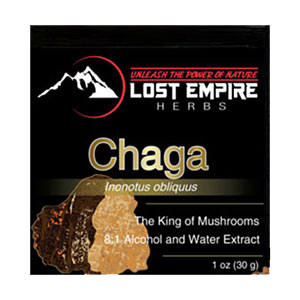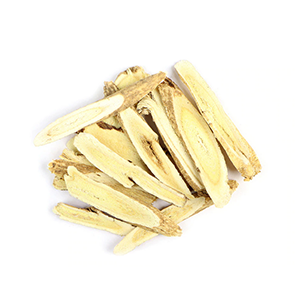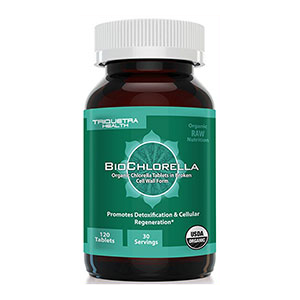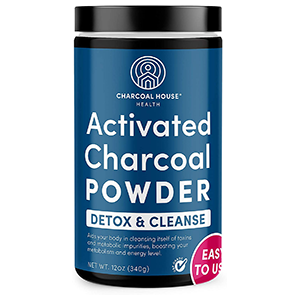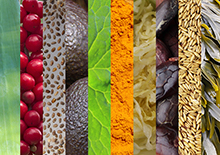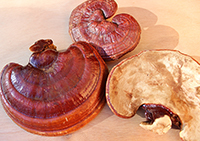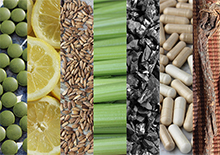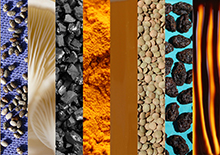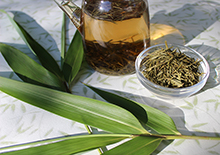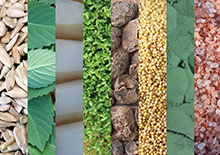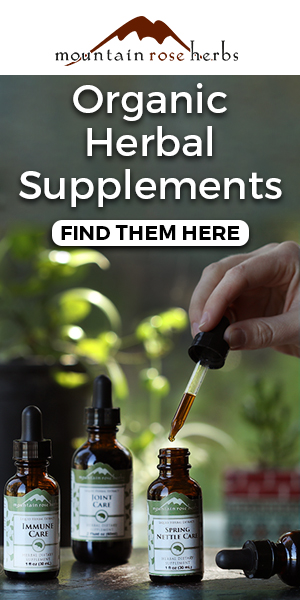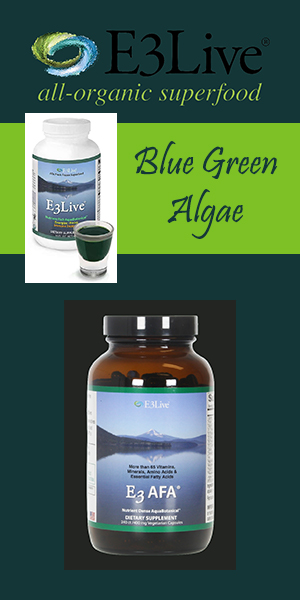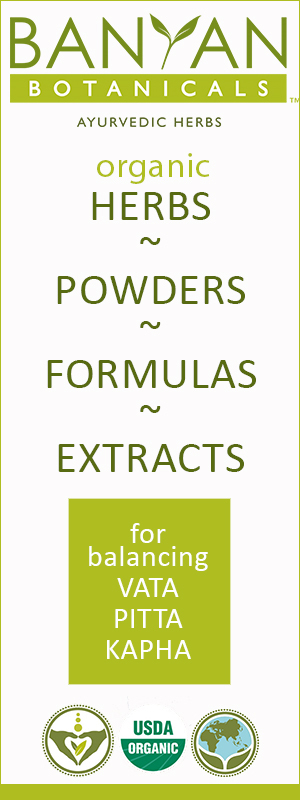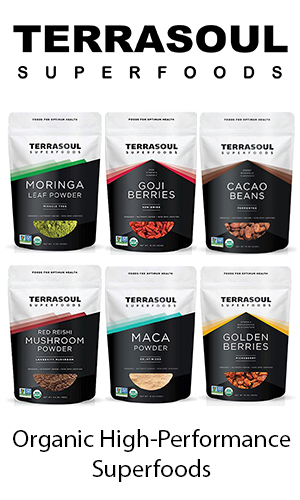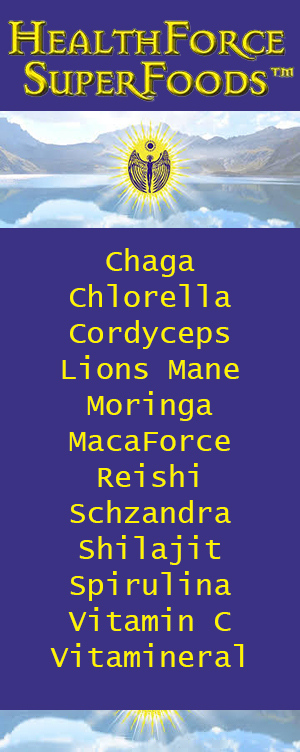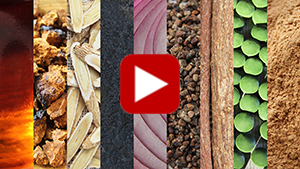- Home
- Top Superfoods
- Superfoods for Wildfire Smoke Pollution
Superfoods for Wildfire Smoke, Our Top Favorites
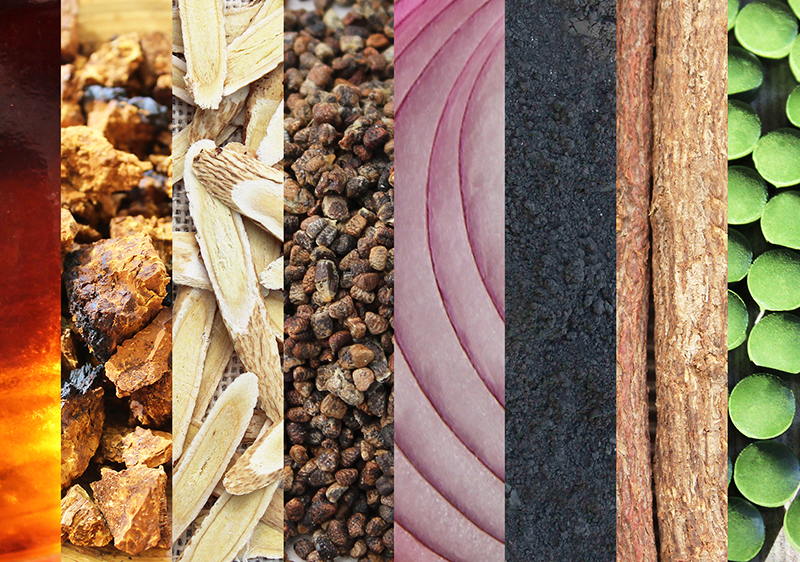
Wildfire season is upon us here in California. This is a time frame that seems to be extending every year, but usually begins in late summer and can last into early winter. Or, if and when adequate rainfall begins.
While we first recommend following CDC guidelines when it comes to protecting yourself against the hazards of wildfire smoke inhalation, over the years we have come up with our own personal arsenal of helpful superfood allies that can assist in the process if you happen to be living in a smoke-filled environment that is not in direct danger.
In our opinion, the best solution is to leave polluted atmospheres and find clean breathable air if you are able to temporarily relocate. However, this is not always practical with the schedules of day to day life.
For this reason, we chose to share our simple list of foods, herbs and supplements you may wish to consider when pollution from distant wildfire smoke is affecting the air quality where you live.
Keep in mind, it is important to seek direct medical attention if you feel major symptoms caused by exposure to wildfire smoke.
List of 9 Superfoods for Wildfire Smoke Pollution
Certain superfoods on this list may personally call out to you, whereas others might be less appropriate for you and your current health issues.
(The following is not listed in order of importance.)
1) Onions
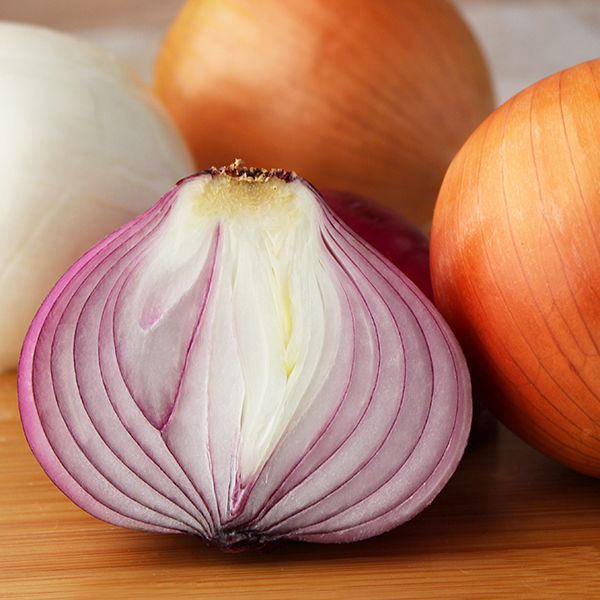
One very simple food that is easy to add or increase in the diet is the common Allium vegetable known as the onion. Red, yellow or white onions and their hot sharp pungent spiciness offer great therapeutic potential for clearing the sinuses, increasing circulation and boosting immune health.
Since wildfire smoke in some scientific reports is believed to decrease antimicrobial activity in the lungs, or in other words reduce the lungs ability to clear harmful microbes, consuming more raw or sautéed onions can have a purifying antimicrobial influence and provide respiratory support.
Onions not only contain sulfur but are high in the flavonoid known as quercetin. This is an antioxidant and anti-inflammatory compound that may encourage protective effects on the cardiovascular system. (*) Cardiovascular health can often become compromised in polluted smoky environments.
2) Chaga Mushroom
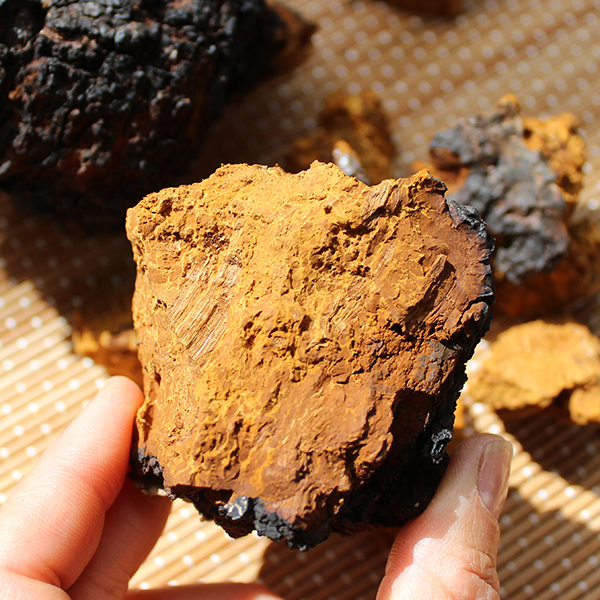
Chaga is one of the medicinal mushrooms that we often turn to for its immune-modulating antioxidants that can be especially beneficial during wildfire season. Of course, superfoods like chaga are most influential when taken regularly before smoke-filled air is a health concern.
Chaga mushroom also offers support as an adaptogen which is proposed to improve the body's resistance to stress, trauma, fatigue as well as environmental pollutant exposure.
Ironically, chaga and its burnt black charcoal-like layer, is a rich source of melanin. When consumed as a tea or extract chaga's melanin according to some research has antioxidant properties and may also help to support probiotic bifidobacteria in the gut microbiome, which is strongly linked to the health of the immune system.
3) Cardamom
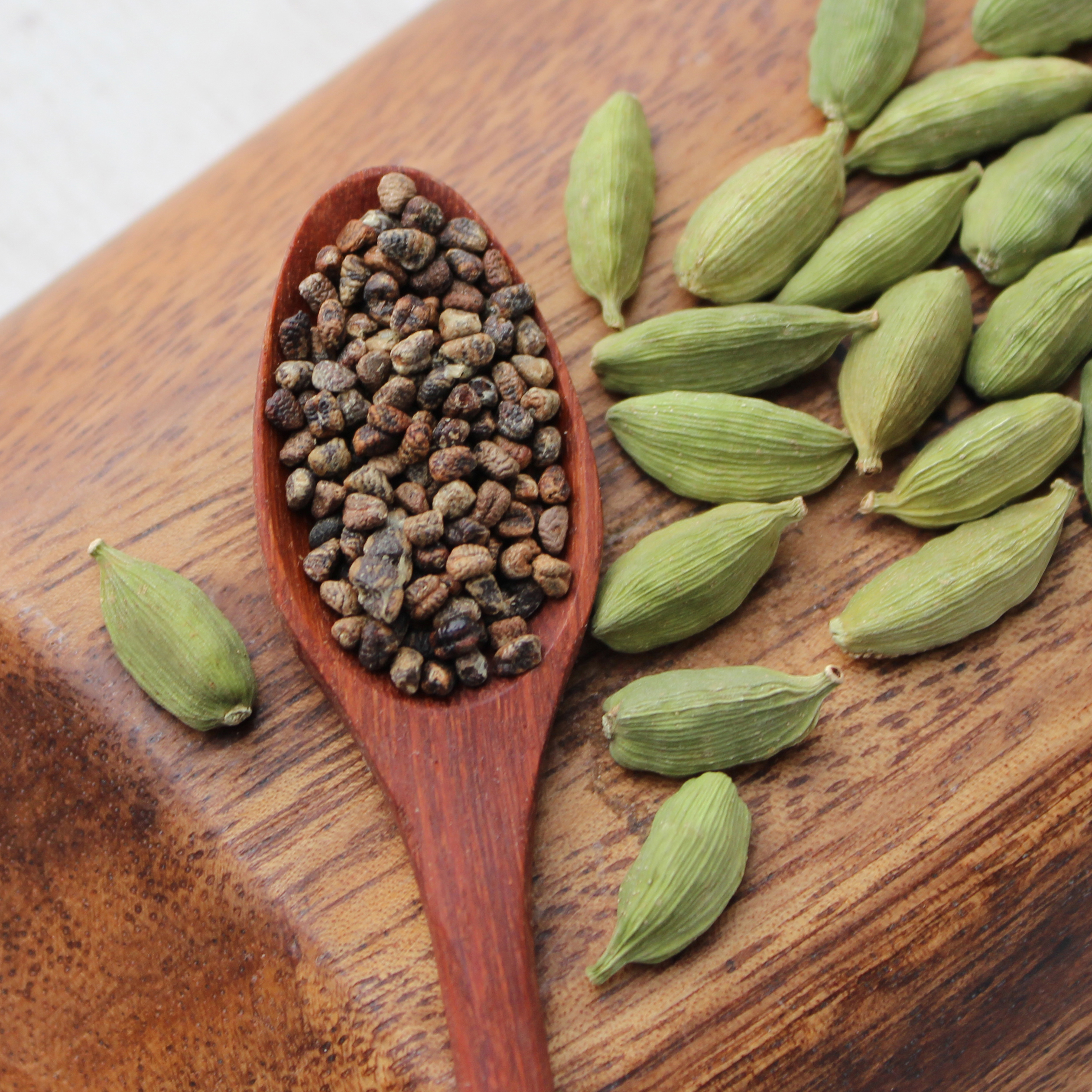
Cardamom is a warming spice expectorant and a mild herbal stimulant that helps to increase circulation and encourage clear respiratory pathways.
Often, even prolonged mild to moderate smoke inhalation can cause a sore throat and/or coughing. Drinking a hot cup of cardamom tea or adding some cardamom spice to your morning coffee might be a simple herbal option to help alleviate this side effect.
Likewise, it is also known in Ayurveda to promote the elimination of excess Kapha or mucus buildup, especially in the stomach and lungs. Not only is cardamom useful for relieving congestion in the chest, it can also help to protect against harmful air pollutants with its potent terpineol and eucalyptol content.
4) Astragalus
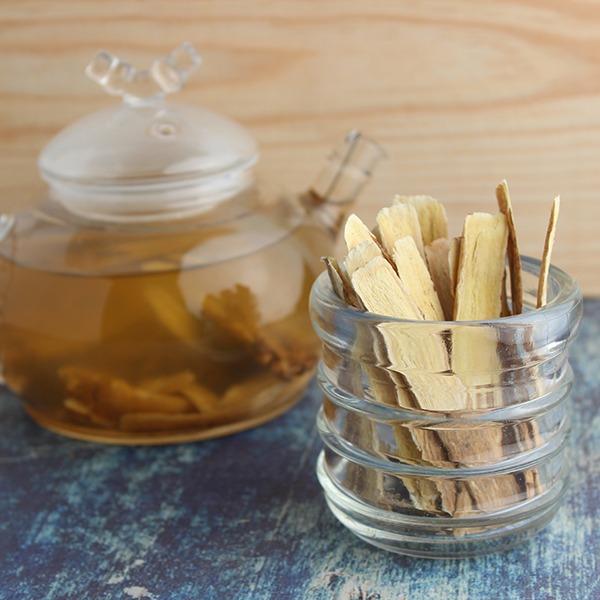
Exposure to wildfire smoke over a period of time can cause fatigue for many people. Astragalus root teas and extracts are considered Chi (Qi) tonics which can have an energy invigorating effect with regular use.
One of the reasons for this is that astragalus is supports the efficiency of the spleen and lungs. These are the two organ systems responsible for transforming the oxygen we take in and the food we consume into life energy.
Astragalus,
and its astragaloside polysaccharides, have long been valued for their
exceptional immune-enhancing attributes and qualities as an adaptogen.
5) Activated Charcoal
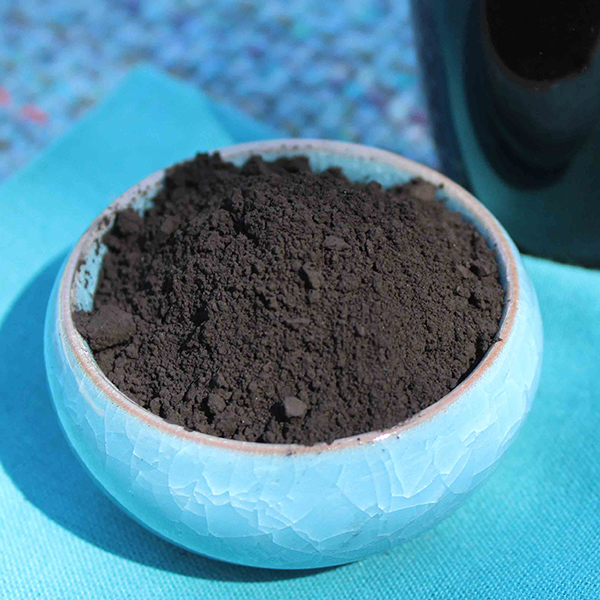
When it comes to wildfires and the smoke they emit, they aren't in fact just burning "wild" vegetation sources but all sorts of human-made building materials plus other household items, plastics, metals, computers and other substances that become particularly toxic when burned. There is also the unspoken issue of chemical fire retardants used to put out the fires themselves.
Periodic supplemental use of detoxifiers like activated charcoal can come in handy for assisting the body's detoxification of these toxins. Using activated charcoal might seem a bit odd as it is created from burnt hardwood or coconut shells. However, capsules and powders have long been researched for their cleansing adsorptive qualities and their ability to accelerate "the elimination of many industrial and environmental intoxicants."
Precaution: Consult your physician if taking prescription or over-the-counter medications, as it can also absorb them as well.
6) Black Seed Oil
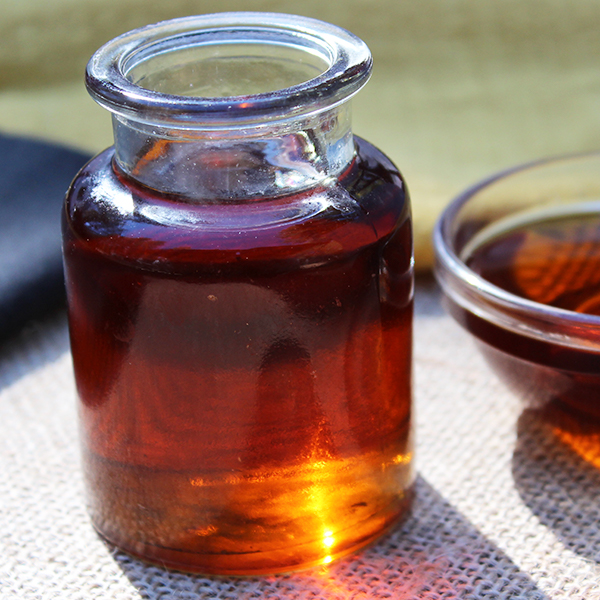
Black seed oil contains the antioxidant, antimicrobial and anti-inflammatory compounds known as thymoquinone and thymol. As a dietary supplement, it is known to be beneficial for sinus infections, allergies and clearing the respiratory tract.
Likewise, black seed oil was also shown to have a therapeutic influence on sinusitis. (*) It is thought to help alleviate nasal congestion by inhibiting inflammation in the respiratory airways as well as lessening microbial infection in the sinus cavities.
We have also found it to be quite useful during wildfire season when the outdoor air quality can become drastically impaired. For this purpose, a teaspoon or two before outdoor activity can help to ease breathing as well as boost immune response.
7) Licorice Root
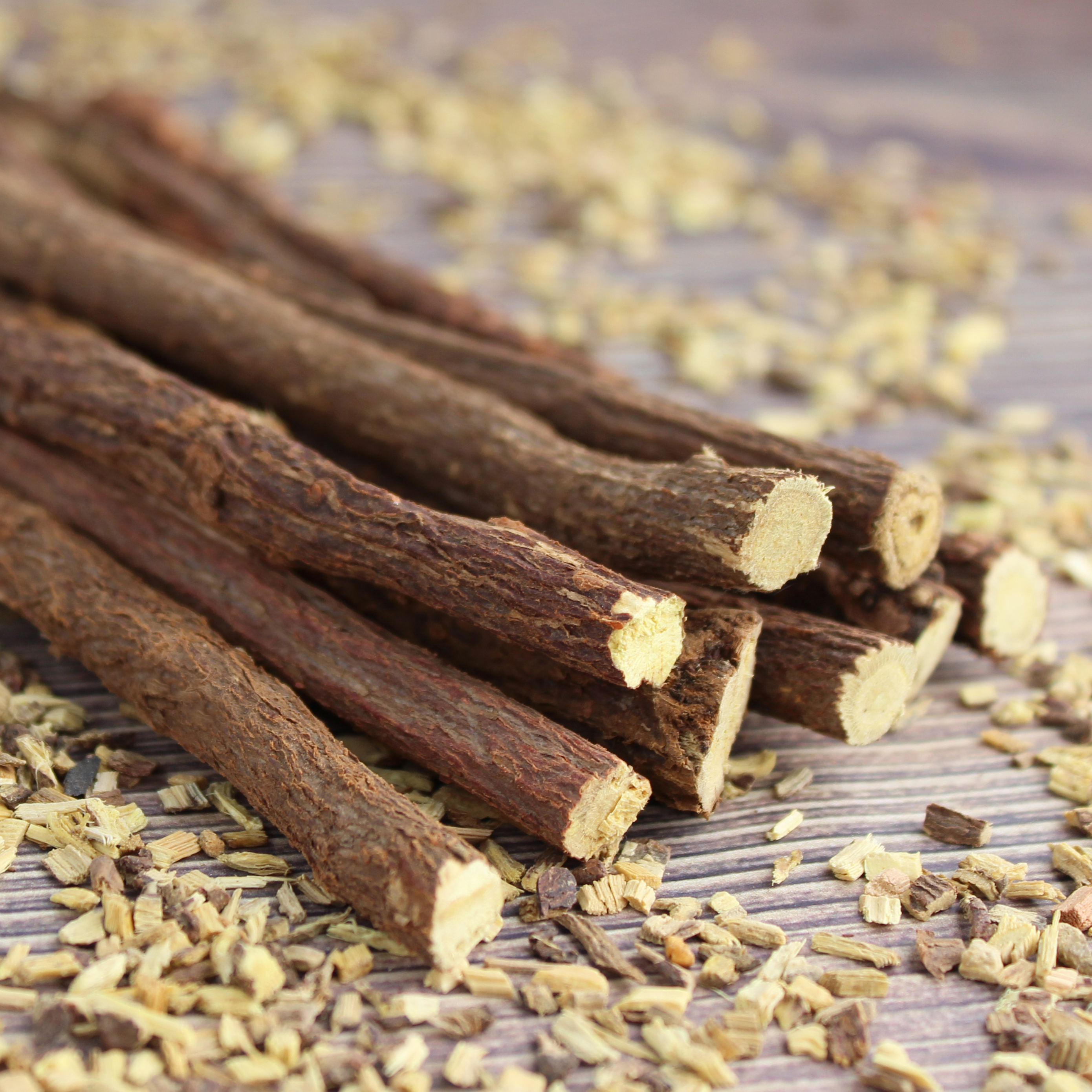
Licorice root tea is valued for its demulcent, soothing anti-inflammatory actions that act as an expectorant to facilitate the loosening and coughing up of mucus from the respiratory tract. It is also well-known for its ability to lubricate a sore throat.
One of the most popular uses for licorice root in its natural form is as an adrenal tonic. The main sweet compound glycyrrhizin or glycyrrhetinic acid, because of its mineralocorticoid actions when metabolized, is believed to support normal cortisol levels and a balanced response to stress. (Source)
Licorice root herbal preparations should be avoided if you have hypertension.
8) Chlorella

Chlorella, like other microalgae, is a concentrated source of chlorophyll. This is the green pigment that collects sunlight energy, something that is largely missing when smoke-filled air is blocks natural sun rays. As a whole food algae supplement, it is usually available in powder or tablet form.
Chlorella can offer concentrated support to immune defenses, supply energizing nutrients and may also assist in cleansing the bloodstream. One less-discussed aspect of wildfire smoke and its aftermath is the potential emission of toxins like heavy metals. This was claimed to be significant in some research.
In addition to detox helpers like activated charcoal, chlorella is one superfood we personally use for detoxification of heavy metals. Its biosorption of these compounds is believed to be due to the metal-binding proteins like plant metallothioneins. (Source)
9) Camu Camu
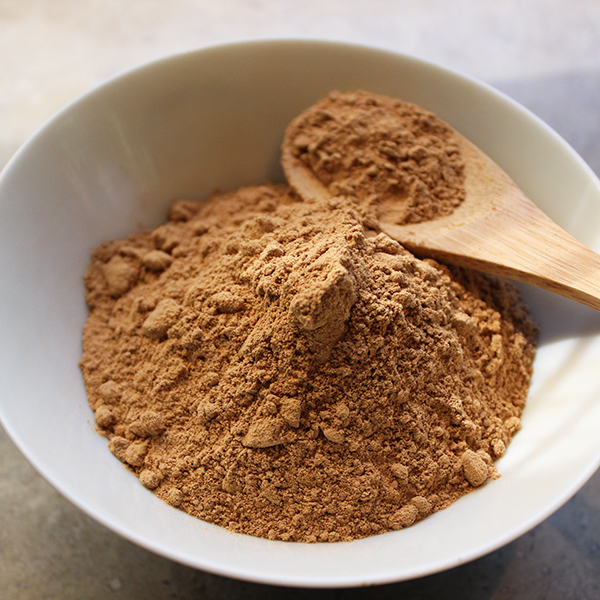
During times that heavy smoke fills the outdoor air; consuming super concentrated amounts of the antioxidant vitamin C can be a good way to protect the immune system and shield against inflamed conditions that may occur via oxidative damage.
When it comes to supplementing with vitamin C, we always reach for whole food-derived vitamin C sources as opposed to synthetic ascorbic acid. Camu camu berry happens to be one of the highest in vitamin C content and one of our top favorites, although other superfruits like acerola, sea buckthorn, kakadu plum and amalaki can also be other alternatives.
The skin of the berry is also rich in other antioxidants, specifically beta-carotene and anthocyanins. Camu camu is most frequently available in powder form as this is the best way to preserve its antioxidants and nutrient content. It can be mixed into water or beverages. It is important to purchase sustainably-grown camu camu products that support local communities and eco-friendly Amazonian harvesting practices.
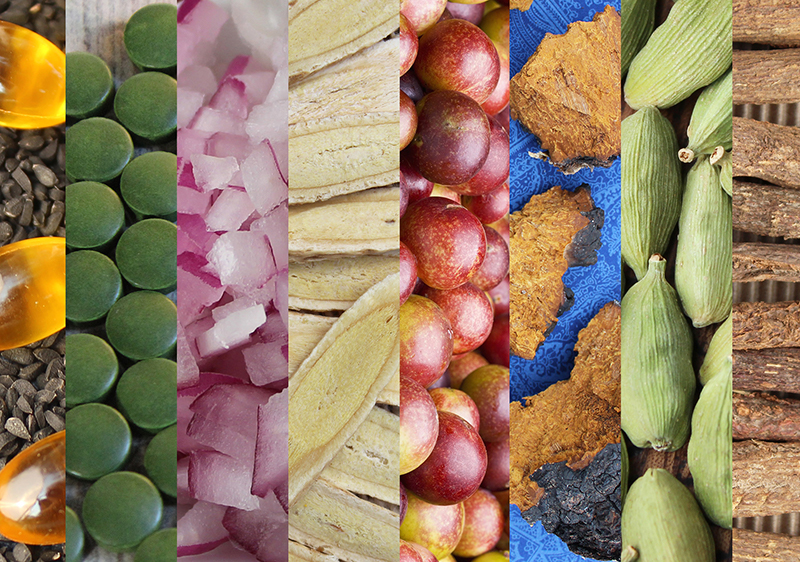
Additional Dietary Tips
Along with a health-promoting diet, it might be helpful to avoid foods that will obstruct clear breathing like dairy, nuts or nut butters, bread and other mucus-forming foods.
Additional supplementation with a food-based multivitamin as well as a vitamin D3 supplement is a good idea as the body's nutritional requirements may increase when under stress from poor air quality. Also, remember to stay well hydrated and drink plenty of water.
Other dietary supplements you may also want to consider are iodine, bladderwrack or kelp to offer cleansing support to the thyroid. Colloidal silver is yet another option believed to greatly enhance immune defenses during wildfire season.
Other Secondary Superfoods for Wildfire Smoke Pollution to Consider:
- ginger
- rhodiola
- blue green algae
- eleuthero
- zeolite
- turmeric
- reishi
- garlic
Again, it is important to follow the list of advised CDC guidelines to protect yourself against the health hazards of wildfire smoke.
Precautions:
Always consult with a healthcare professional before adding any of these superfoods for wildfire smoke pollution to the diet. Some are not recommended when pregnant, nursing, if you are taking medications or have acute or chronic health or medical conditions.
Shop Related Products (About Affiliates & Amazon Associate Paid Links)
Affiliate Disclaimer: This section contains affiliate product links. If you make a purchase through our recommended links, we receive a small commission at no additional cost to you. Thanks for the support.
